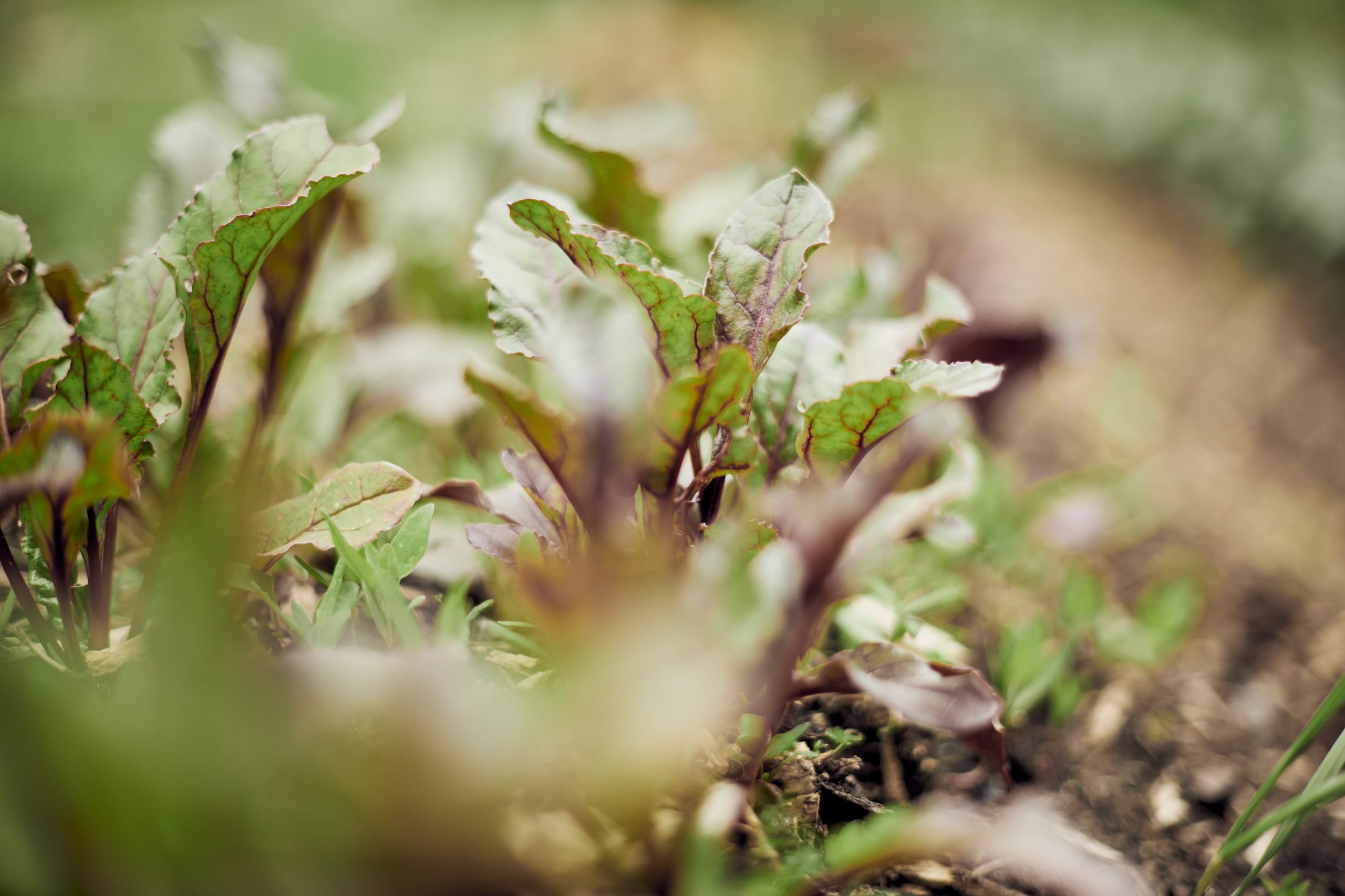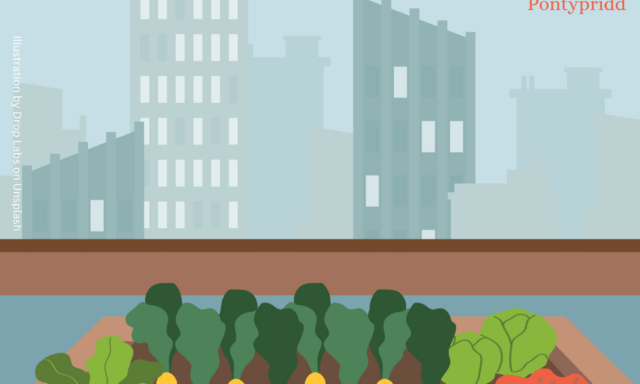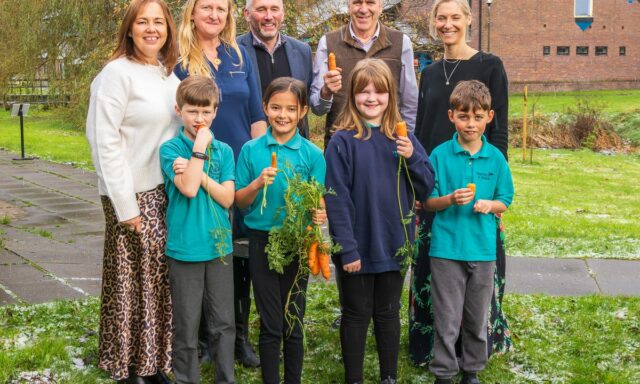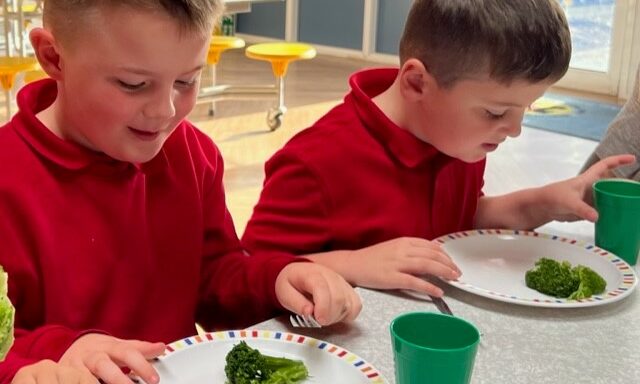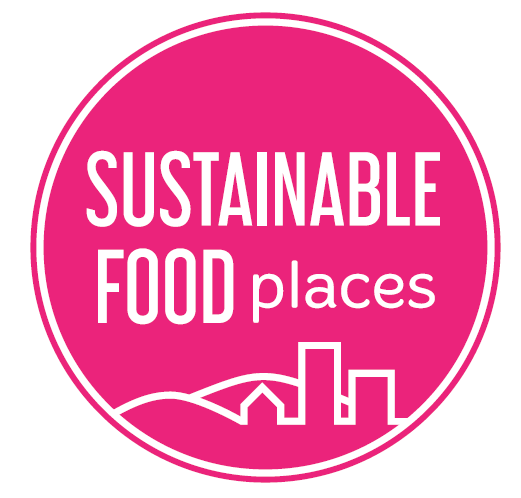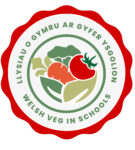Monmouthshire Sustainable Food Partnership
New Sustainable Food Places Member
The Monmouthshire Sustainable Food Partnership is one of the Sustainable Food Places network’s newest members.
Having grown and developed from local community action, the Monmouthshire Sustainable Food Partnership is a continuation of the good food movement already fostered by previous food partnerships and activity across the county.
The partnership provides a formal platform for organisations, businesses, producers and individuals who all have an interest in the sustainable food agenda across Monmouthshire. Current members include Coleg Gwent; Monmouthshire County Council; Brecon Beacons National Park Authority; Our Food (a not for profit organisation); Natural Resources Wales; NFU Cymru; Aneurin Bevan UHB as well as interested individuals.
Monmouthshire Sustainable Food Partnership intends to foster and develop activity that will facilitate a clear strategic vision, set priorities and undertake project planning, to achieve change in the food sector. It hopes to also increase support for education, training and workforce development as well as offering direct support to local producers and influence procurement in order to help increase access to healthy and nutritious food.
The partnership will build on the opportunity to directly engage closely with other organisations, individual, networks or partnerships that champion a direct shift towards a healthy and sustainable food system.
“We are building on the extensive activity in the community which supports tackling food poverty, access to nutritious food and sustainable land management and education and training,” says Deserie Mansfield, Rural Programme Food Development Officer at Monmouthshire County Council.
“We believe that by fostering actions that will shape the development of a good food movement across the County, we can be a catalyst for change. We are working towards a coordinated activity, offering a forum for discussion, information sharing and action which benefits all aspects of the food agenda in Monmouthshire and its environs. This may include, but not be solely, food poverty, food production, farming/land management and access, food waste, nutrition and health and well–being,” adds Deserie.
By engaging with producers, academia, domestic food producers, artisan stakeholders, official agencies and others, the Monmouthshire Sustainable Food Partnership aims to develop a strategy and accompanying action plan detailing a number of key projects that link directly to the priorities of organisations involved in the development of food related activity – collectively benefiting the county and all future sustainable development opportunities.
“We believe that by developing this partnership we can influence and drive change, both politically and practically, across the County,” says Deserie. “We believe that by building on the fantastic work in our communites and the work of key organisations throughout the area, we’ll be able to support our residents through increasing the availability of fresh, local, affordable produce.
“I believe that food has no boundaries and we have a collective responsibility to ensure that all have access to nutritious food,” continues Deserie. “We should always be considering opportunites for positive impact and constructive changes across the county, across Wales and throughout the World. These considerations must affect change in the way that food is produced, packaged, distributed and disposed of in order to reduce waste and energy consumption.”
Monmouthshire Sustainable Food Partnership is delighted to be part of the Sustainable Food Places Network and believes that being a part of this group will offer many benefits and opportunities.
“The Sustainable Food Places Network offers an opportunity to share skills and knowledge and build on a growing appetite for collective change,” adds Deserie. “Being part of this movement will enable us to support, enhance and lobby for the development of sustainable economic growth which offers diversity and better management of land for food production as well as access to locally grown produce – improving self-sufficiency and conserving and enhancing our natural resources.”
For more information, please contact food@monmouthshire.gov.uk

